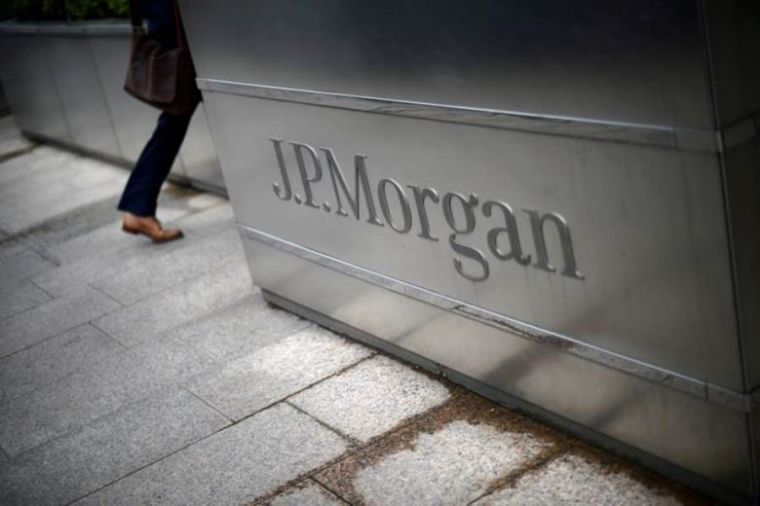Former JP Morgan exec claims he was barred from meeting coworkers for a lunchtime Bible study

A former top executive at JP Morgan office in Manhattan, New York City, has claimed the company barred him from meeting coworkers for a Christian Bible study at lunch, highlighting how religious accomodation is struggling in U.S. workplaces.
According to Yahoo Finance, the executive, who asked not to be named, said he received an email in 2014 from the personnel department saying that "the group was not allowed to have organized religious meetings on-site." He believes that "there's definitely persecution that comes with being Christian [in the workplace]."
JP Morgan provides resources for non-religious activities, and it has 200 chapters of nine affinity groups including Adelante for Hispanic and Latino employees and Asians and Pacific Islanders Reaching for Excellence.
However only a few employers provide them to religious groups.
Jill Rosenberg of Orrick, Herrington & Sutcliffe that focuses on employment law said the Equal Employment Opportunity Commission (EEOC) requires that employers must provide reasonable accommodation for employees' religious practices.
"Employers are required to accommodate individuals' religious beliefs so long as it doesn't impose or cause hardship on the employer's business," she said, according to Yahoo Finance. "Employers have a duty to accommodate — there has to be a sincere religious belief and practice if it's to be accommodated. Employers won't dig around regarding specific religious beliefs. It's a balancing act between what's reasonable and what's appropriate."
Under the law, employers must also allow workers to wear religious garb and paraphernalia unless it becomes a safety issue or affects work, according to employment relations lawyer Bob Gregg.
A Supreme Court decision last year favoured a Muslim woman who said Abercrombie & Fitch did not hire her because of her head scarf.
"Title VII forbids adverse employment decisions made with a forbidden motive whether this motive derives from actual knowledge, a well-founded suspicion or merely a hunch. An employer may not make an applicant's religious practice, confirmed or otherwise, a factor in employment decisions," the late Justice Antonin Scalia wrote.
In 2013, head fund company owner Bill Hwang transformed his business into a family investment firm and renamed it Archegos, which means "beginning."
The word is found in the Christian scripture as someone who is a leader or pioneer like Jesus.
Archegos' president Andy Mills met Hwang while the former was president of the Christian liberal arts institution The King's College in New York City.
Hwang heard Mills speak at an event organised by the Theology of Work and the two hit it off.
"I was a college president and he was a wealthy Christian so those are the meetings you take. We spent two hours together and after a few minutes we started sharing scripture. We started meeting every few weeks and five years later he asked me to come work with him," said Mills.
Although Archegos is not religiously affiliated, Mills estimates that 70 percent of its 50 employees are Christians.
"There's nothing antithetical with being an excellent organisation and building that on biblical principles. A lot of people think you have to trade one for the other," said Mills.











